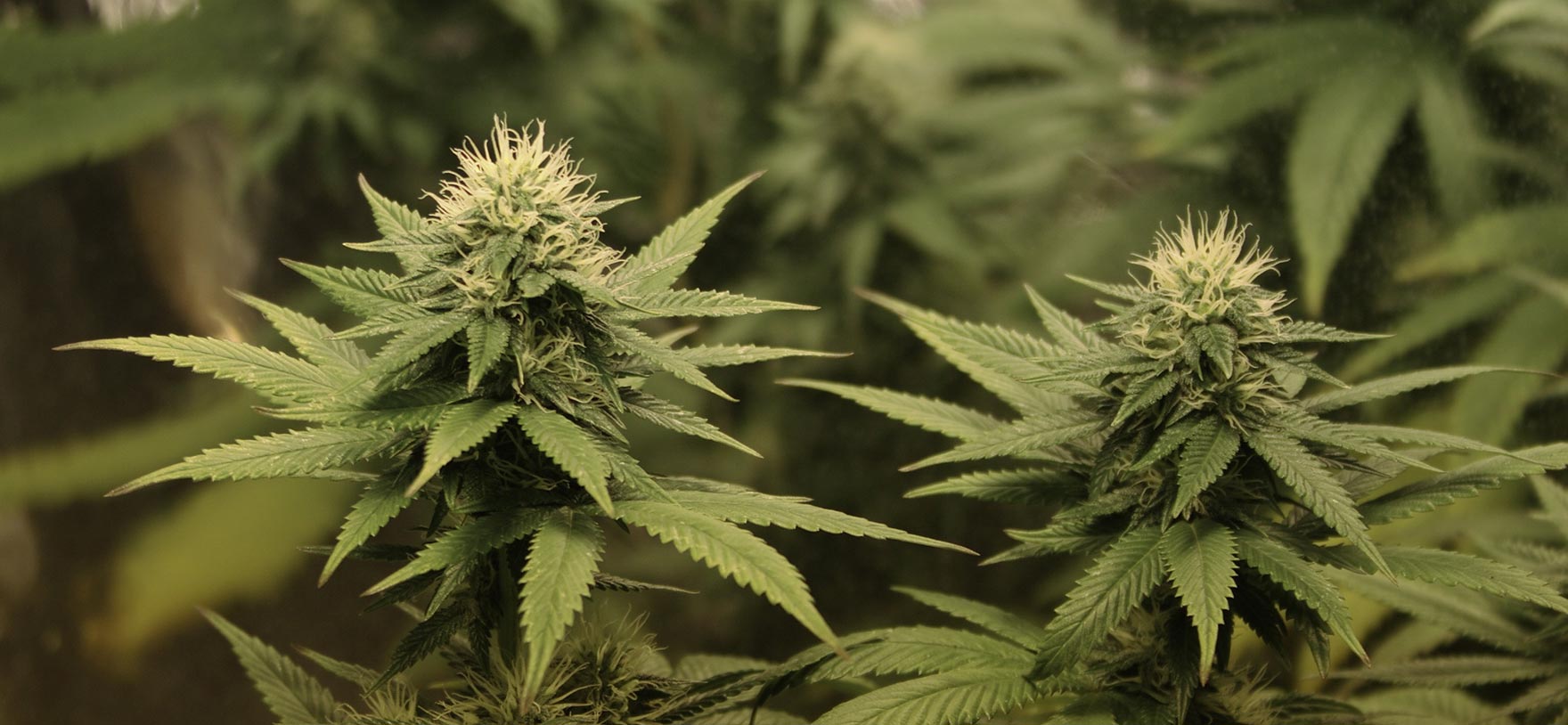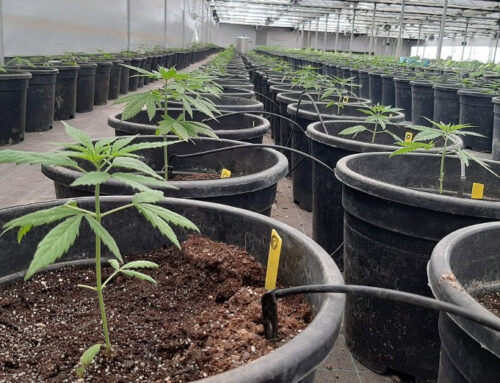A brief look at some of the misconceptions regarding marijuana. For almost a century, these lines of reasoning have been the most commonly used to justify the criminalization of marijuana. Learn more about where these reasons come from, the facts behind them, and how marijuana legalization advocates have responded.
One of the first arguments we hear against marijuana is that It’s addictive.
This classification comes from the perception that when people use marijuana, they get hooked and become “potheads,” and it begins to dominate their lives. This unquestionably happens in some cases. But it also happens with alcohol, which is perfectly legal.
In order to fight this argument for prohibition, legalization advocates have made the argument that marijuana is not as addictive as government sources claim. It is also argued that marijuana leads on to harder drugs such as heroin. The fact is that most people who go onto harder drugs are moved that way by pushers as marijuana has to be bought on the street, putting one into contact with not only bad drugs, but drug addicts whose only source of income is getting you hooked on something stronger.
There are still some who claim that marijuana has no medical use, however, a brief look on the internet shows that currently serious research is being carried out and that many avenues of research are showing positive results for a variety of diseases as complaints.
There are many who claim that marijuana smokers are lazy, dirty and spaced out all the time, and to protect society against these disgusting individuals the drug should be banned and anyone using it incarcerated for life. It seems that an awful lot of presidents, business people academics, doctors, military personnel etc. must all be put away. So, I think that that argument is rather pathetic and misinformed.
However, one of the most common problems is that advocates for Legalization Rarely Make a Convincing Case
To hear some advocates of marijuana legalization say it, the drug cures diseases while it promotes creativity, open-mindedness, moral progression, and a closer relationship with God and the cosmos. That sounds thoroughly unconvincing to people who don’t use the drug themselves — especially when the public image of a marijuana user is, again, that of a loser who risks arrest and imprisonment so that he or she can artificially invoke an endorphin release.







